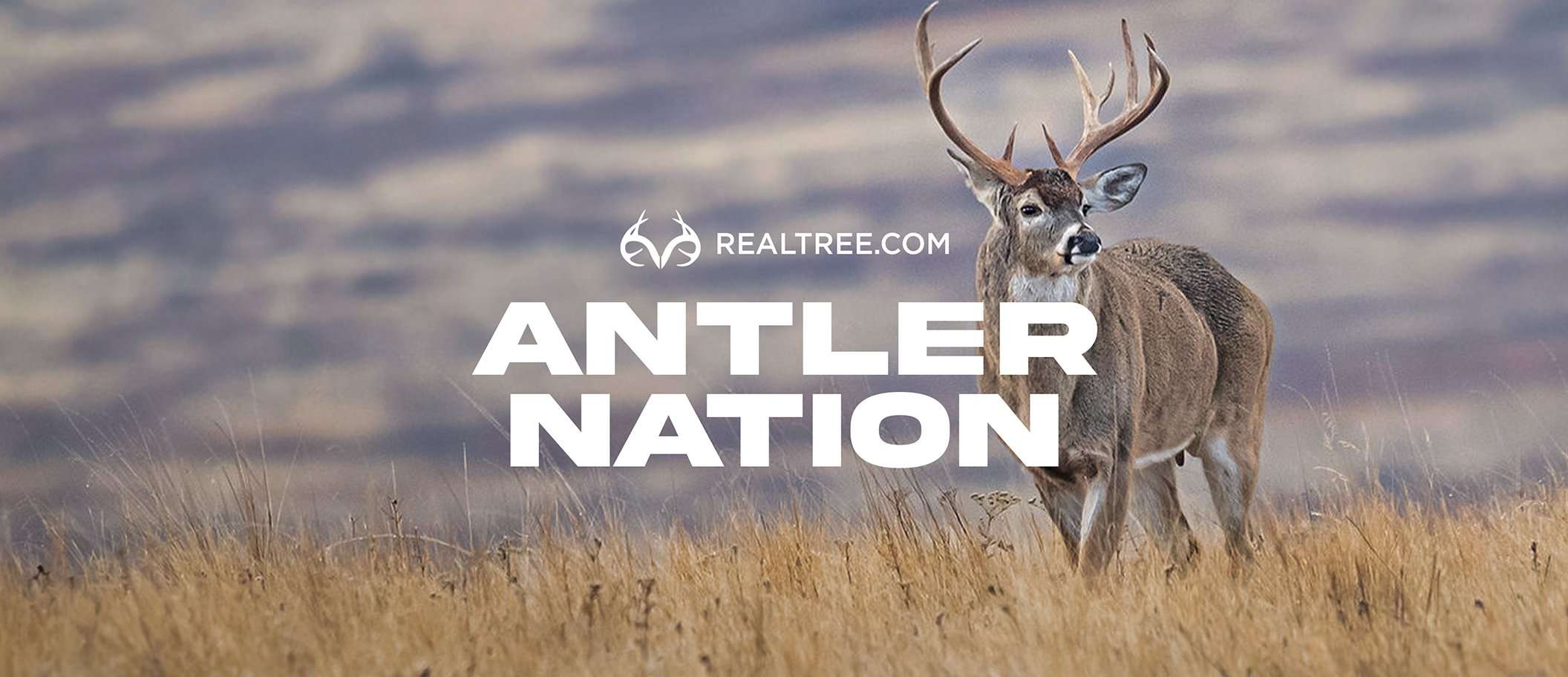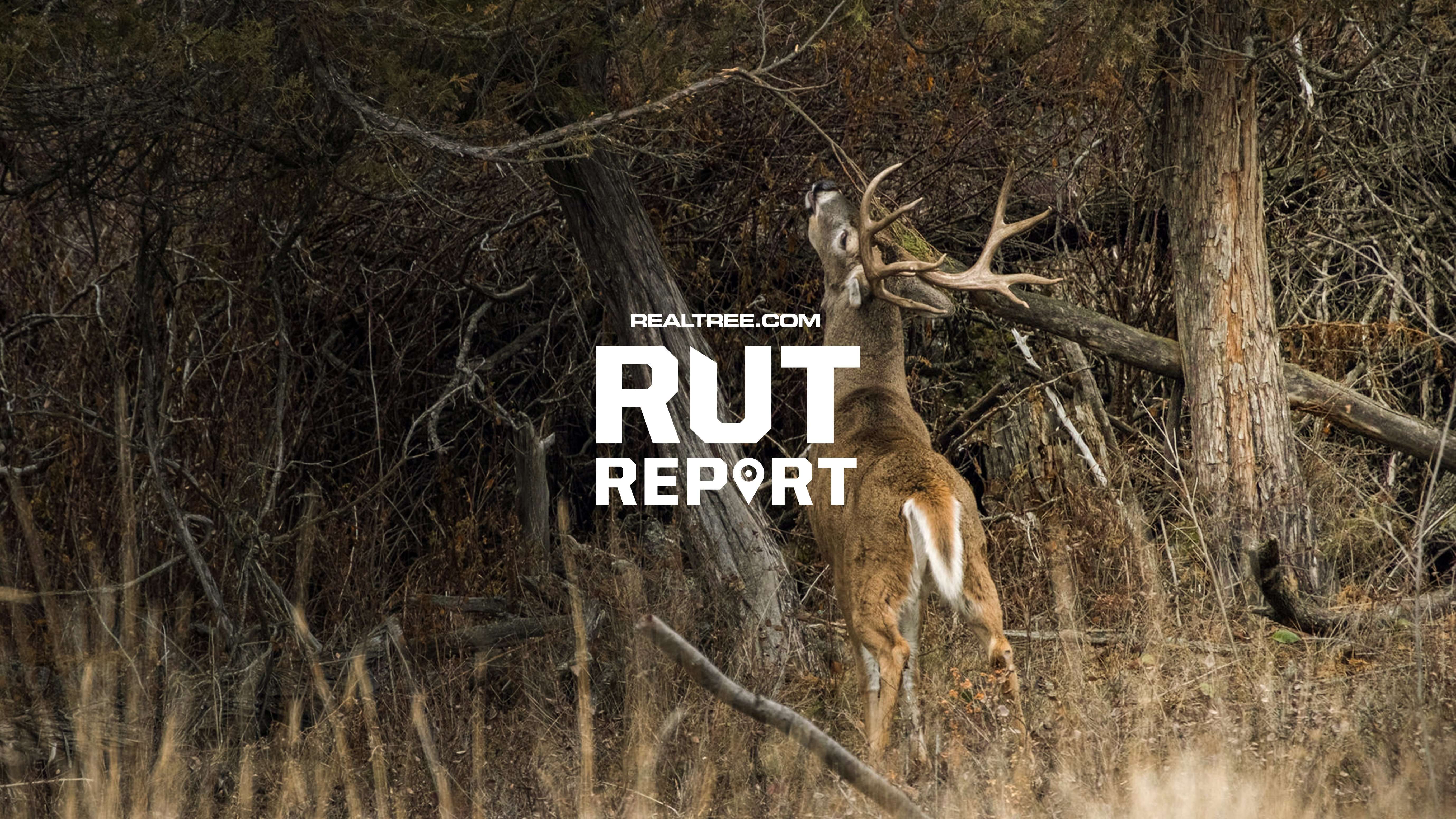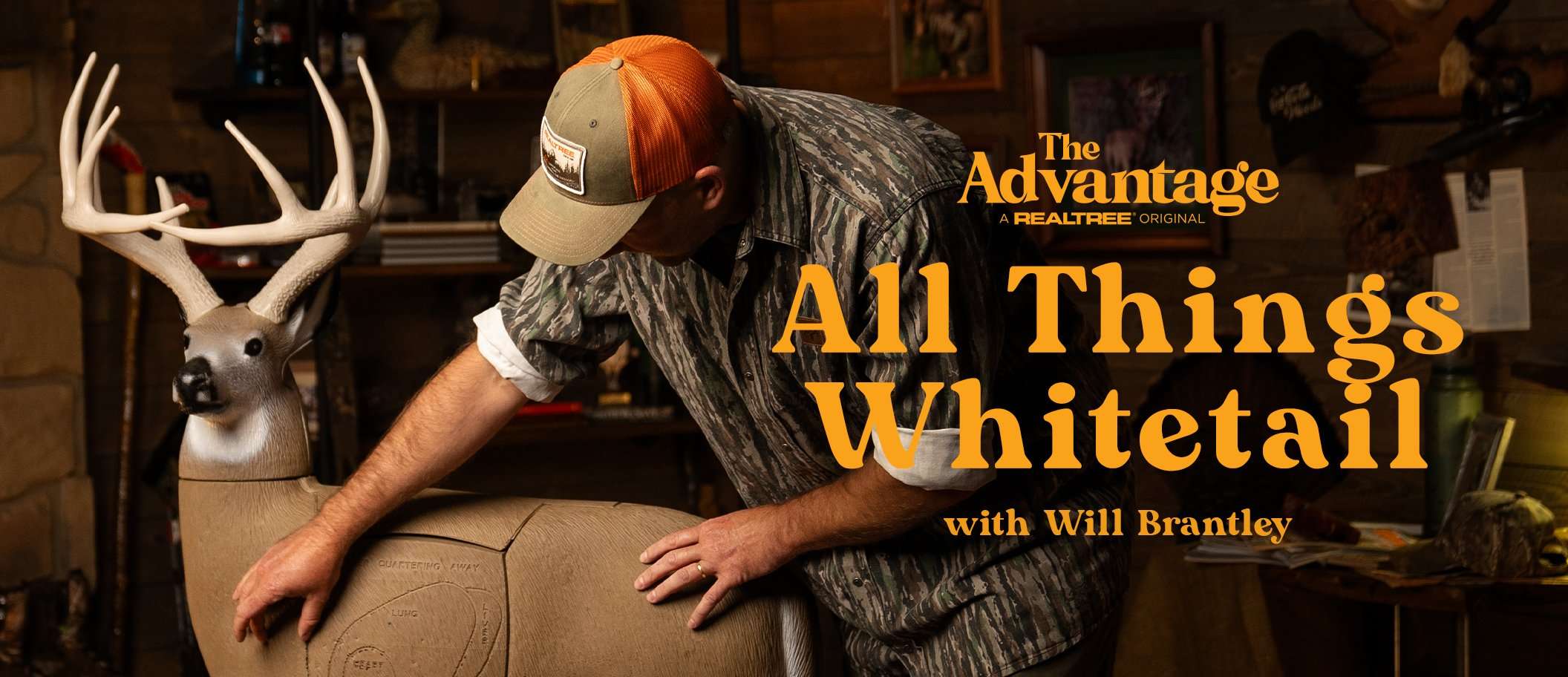At least two of the men suffered cardiac events when dragging the deer from the woods
Three deer hunters in Michigan died from heart attacks within a 48-hour period during the November gun season, which ran Nov. 15-30.
According to Fox News Digital, the three men were ages, 57, 65, and 83. They were located in Arenac and Tuscola counties.
Two of the men were dragging deer when they experienced cardiac arrest.
Dr. Bradley Serwer, a cardiologist and chief medical officer at VitalSolution, says deer hunting is a potentially dangerous activity for hunters with heart conditions.
"The act of deer hunting typically involves hiking to a tree stand or blind, waiting in the cold for hours and then dealing with a sudden surge of adrenaline when a deer is spotted," he told Fox News Digital.
"Once a hunter hits the deer, they have to track the deer, often for a long distance over rugged terrain," he continued. "When the deer is found, it must be transported back to a vehicle. This typically involves dragging a 100- to 200-pound animal over varied terrain."
Serwer explained that extended exposure to the cold is a serious risk because it can raise blood pressure and cause constriction of the blood vessels in the arms and legs.
"Cold exposure increases the risk of abnormal heart rhythms, particularly ventricular arrhythmias that can cause sudden cardiac arrest," he said. "The cold exposure also increases the risk of developing deep vein thrombosis, which can then cause pulmonary embolisms."
He said the "sudden surge of adrenaline" the hunter experiences when spotting and then shooting the deer can also increase the risk of ventricular arrhythmias and sudden cardiac death. Strenuous hiking and dragging the deer to the vehicle places a strain on the cardiovascular system as well.
"If the hunter is not in good shape, this strain may be too much to bear," he said.
To reduce cardiac risks while hunting, Serwer recommends staying in shape, dressing for weather conditions, saying hydrated, and avoiding alcohol. He says to make sure someone knows where you are and when they should expect you back. Carry a phone and ask for help if needed. Take your medication prior to hunting and hunt with a partner who can help transport the deer.













